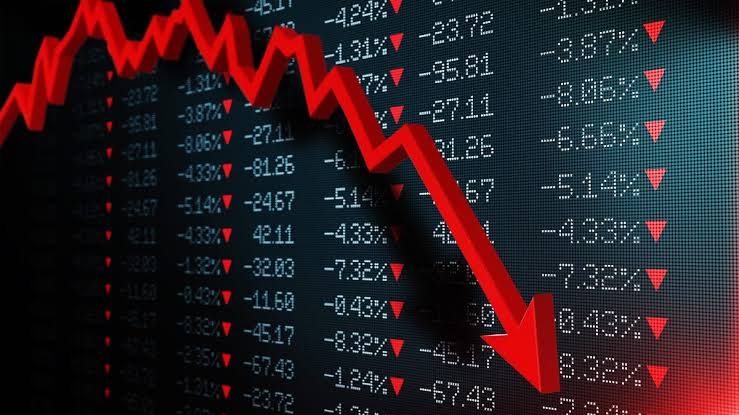
Faith Nyasuguta
The World Bank has warned that the global economy is entering a phase of “pronounced slowdown”.
This has been blamed on the Covid-19 Omicron variant, the triple blow of soaring inflation, high government debt levels and increasing income inequality threatening recoveries in emerging and developing economies.
Latest projections by the Global Economic Prospects report (PDF) from the World Bank sees global economic growth dropping from 5.5 percent in 2021 to 4.1 percent in 2022 – an outlook that is more pessimistic than its June call for 4.3 percent growth this year.
In the wake of the Covid-19 pandemic, the World Bank has sounded an alarm on the ballooning inequality levels both within and between nations – still, its latest outlook is no exception.
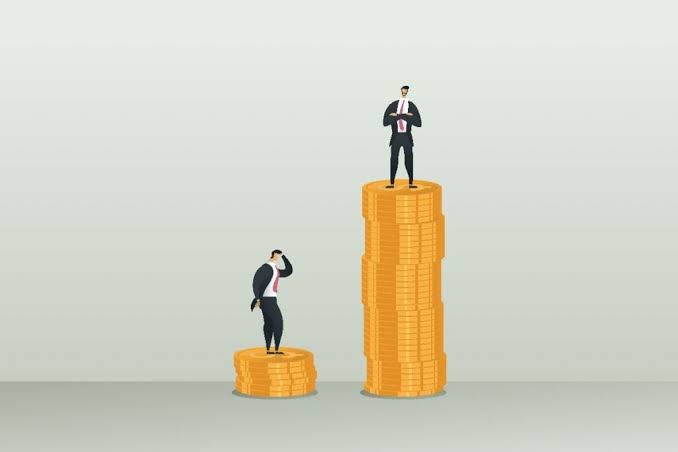
In developing nations, many governments lack the spending power to kick-start growth. Meanwhile, the increasing prices of assets like stocks and real estate continue to make the rich even richer while stoking inflation that severely affects low-income households.
Additionally, unlike more developed nations, emerging and developing economies have a smaller monetary wiggle room to let inflation run hot.
A number have already increased interest rates multiple times to keep price pressures in check, but that policy tool also cools economic activity.
“This increasing divergence of fortunes is especially troubling given the possibility of social discontent in developing countries,” the bank cautioned.
Growing inequality is being catalyzed by rising uncertainty as Omicron infections spread rapidly, the bank noted, disrupting economic activity that is already being crippled by supply chain bottlenecks.
The supply huddles are leaving poorer nations “last in the global supply line” the bank said, as nations with deeper pockets outbid them for scarce goods.
The shortage of raw materials is sparking a rise in commodity prices, as well as “extreme weather events driven by climate change are aggravating food insecurity risks, further burdening health and nutrition,” according to the report.
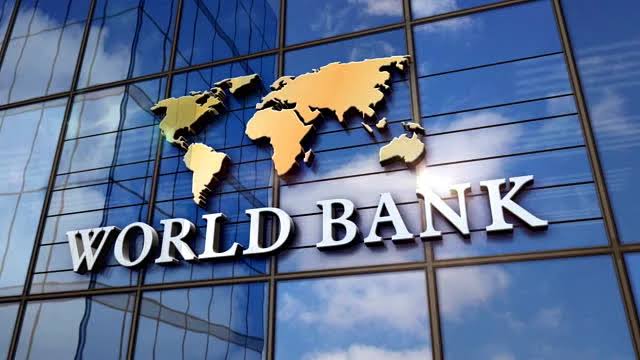
GROWTH RATES
The World Bank is predicting a yawning gap in growth rates between the wealthy and developing economies.
The report sees richer nations experiencing a downshift in economic growth from 5 percent in 2021 to 3.8 percent this year and 2.3 percent in 2023.
For emerging and developing economies, by contrast, the bank is calling for growth rates to plunge from 6.3 percent last year to 4.6 percent this year, and 4.4 percent in 2023 – leaving economic growth in those countries 4 percent below their pre-pandemic trend.
“For many vulnerable economies, the setback is even larger,” the bank said, noting that “output of fragile and conflict-affected economies will be 7.5 percent below its pre-pandemic trend, and output of small island states will be 8.5 percent below.”
As mentioned in previous reports, the banks is still urging nations to prioritize coronavirus vaccine equity to bring the pandemic “under control”.
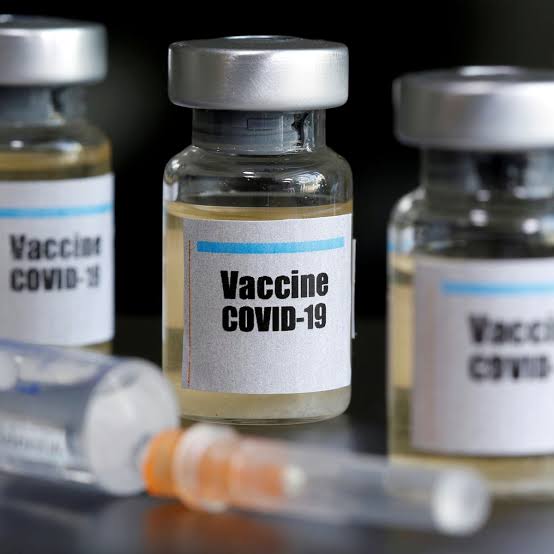
“The supply of vaccines is increasing appreciably, but new variants and vaccine deployment bottlenecks remain major obstacles, causing the uncertainty over health to persist well into the future,” the report said.
Similarly, the World Bank is also pressing for accelerated debt relief efforts to help low-income countries that are under stress.


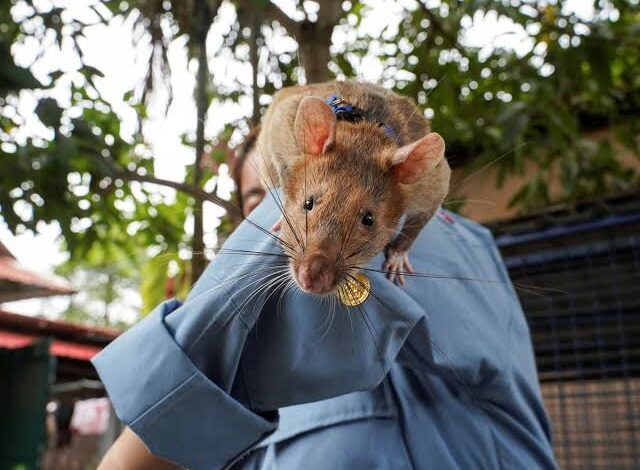
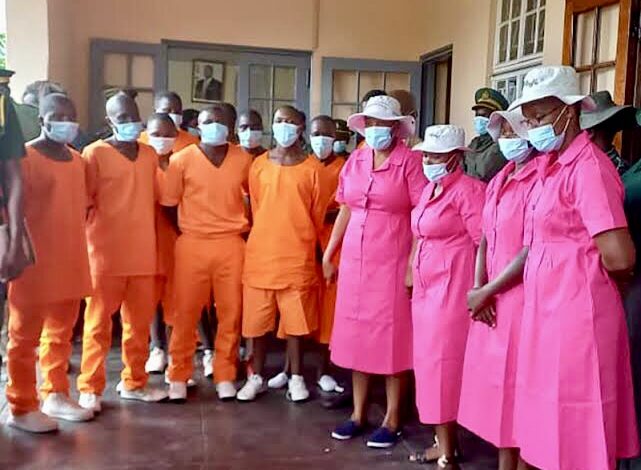

Recent Comments